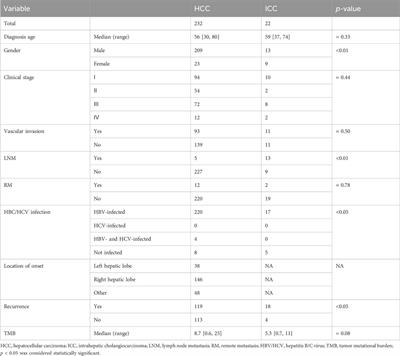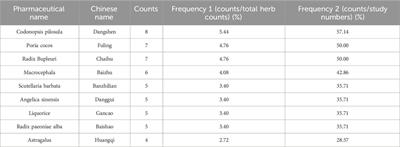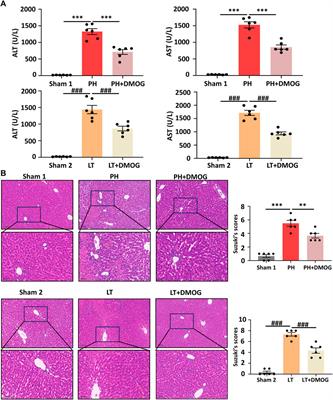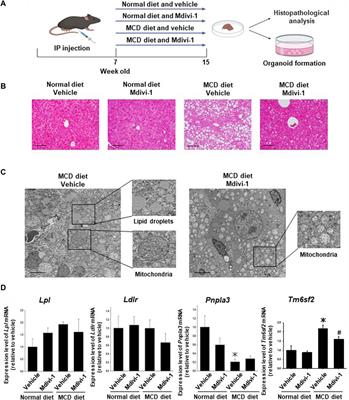ORIGINAL RESEARCH
Published on 14 Jun 2024
Novel genetic alterations in liver cancer distinguish distinct clinical outcomes and combination immunotherapy responses

doi 10.3389/fphar.2024.1416295
- 1,461 views
3,445
Total downloads
11k
Total views and downloads
You will be redirected to our submission process.
ORIGINAL RESEARCH
Published on 14 Jun 2024

ORIGINAL RESEARCH
Published on 30 May 2024

ORIGINAL RESEARCH
Published on 15 Mar 2024

ORIGINAL RESEARCH
Published on 09 Jan 2024

ORIGINAL RESEARCH
Published on 12 Oct 2023

